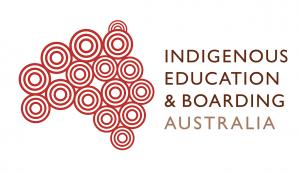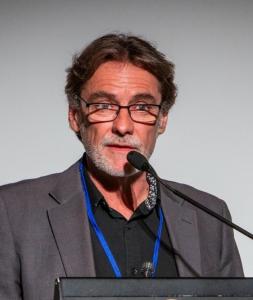Long term commitment needed to Close the Education Gap for Indigenous Boarding Students
The $17.3 million to support Indigenous boarding students needs to be strengthened by a long term commitment and a national Indigenous cultural standard
“It is welcome news that the 2021 funding will increase in the 2022 budget to support an estimated 2,300 remote Indigenous students at 50 boarding schools. However, funding arrangements to this sector must be addressed as a long term commitment,” said Anthony Bennett, IEBA Chairperson.
“For young Indigenous people living in regional and remote Australia there are few quality secondary education options other than becoming a boarding student in unfamiliar cities long distances from home. If you are from a very remote community your educational opportunities are limited. A remote Indigenous student is less than half as likely to attain Year 12 relative to their non-Indigenous peers.”
Although it is proposed to extend support into 2023 through the Department of Education, Skills and Employment and the National Indigenous Australians Agency, in order to close the education gap, a sustained commitment is required to achieve the education target of 96% of 20-24 year old Indigenous students achieving Year 12 by 2031.
IEBA supports the flexibility inherent within the funding as it enables a range of programs that will allow boarding providers to address the specific needs of their Indigenous students. These include the provision of culturally appropriate learning environments, health and wellbeing programs, transition support, tuition and academic assistance, family engagement programs, and preparation for future education and employment opportunities.
IEBA intends to capture this knowledge and know-how from these boarding providers and share this with all boarding schools through the What Works to support Indigenous boarding students initiative funded through the National Indigenous Australians Agency. Critically, What Works also captures the skills, knowledge and perspectives of Indigenous students and their families.
“The additional Commonwealth resources will create innovation, review of existing practices, improved dialogue with Indigenous families and generate an opportunity for education providers to enhance their practice. This is an excellent fit with our What Works initiative which will provide accessible quality information to the education sector at large and will share this knowledge online, at our national symposium and through regional workshops,” added Greg Franks, IEBA CEO.
Anthony Bennett believes that “This funding announcement and the What Works project will make a difference. However, if we are to make significant in-roads to closing the education gap, for remote students in particular, the establishment of culturally appropriate education and boarding standards is fundamental to the provision of high quality education and cultural safety for Indigenous students.”
“When Indigenous parents send their children away to boarding, they expect that there are standards to ensure their health and well-being and cultural needs are acknowledged and appropriately supported. Similarly, there is an expectation that their learning needs are accommodated and quality relationships and communication channels are valued and established.”
IEBA has committed to lead the development and implementation of a national Indigenous cultural standard for boarding schools.
“It is hard to believe that in 2022, in an affluent country like Australia, there are inadequate standards and guidelines to address the specific cultural and educational needs of young Indigenous students who must leave community and travel long distances to access a quality education,” Mr. Bennett emphasised.
The establishment of a national Indigenous cultural education and boarding standard will provide a quality assurance framework and give much needed guidance and support to boarding schools with Indigenous students. The development and implementation of the standard will also provide assurance to Indigenous families and communities, Commonwealth and state governments and funding agencies, school boards, scholarship providers and other key stakeholders.
Indigenous Education & Boarding Australia is a national for purpose organisation driven by the vision that All Indigenous students attain educational outcomes that enable them to be successful in their future choices.
For further information or interviews please contact:
Anthony Bennett, Chairperson - M: 0401 123 192 E: anthony.bennett@sa.gov.au
Greg Franks, CEO – M: 0426 629 847 E: ceo@boardingaustralia.edu.au
Greg Franks
Indigenous Education & Boarding Australia
+61426629847 ext.
greg.franks@ieba.com.au
Legal Disclaimer:
EIN Presswire provides this news content "as is" without warranty of any kind. We do not accept any responsibility or liability for the accuracy, content, images, videos, licenses, completeness, legality, or reliability of the information contained in this article. If you have any complaints or copyright issues related to this article, kindly contact the author above.



